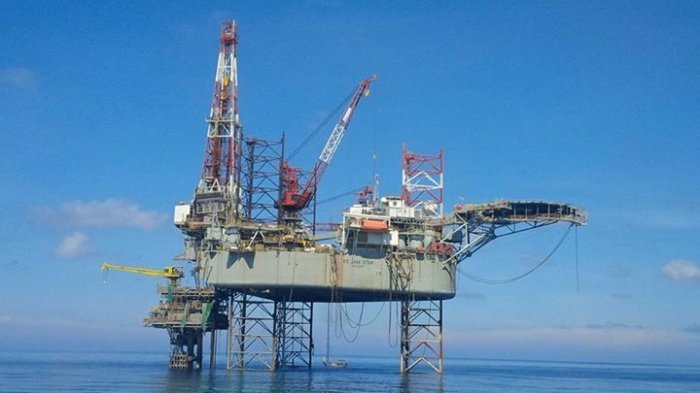Drilling to bounce back in 2016 as exploration costs fall, analysts say

London: Exploration costs are set to fall by 33% by 2016, which could see drilling activity bounce back to 2014 levels, analysts say.
Right now, the industry is still adjusting to the low oil price environment, which will result in average exploration budget cuts of 30% in 2015, analysis from energy research firm Wood Mackenzie (WM) says.
“Rising costs are not a new problem for explorers. Over this decade, inflation has more than offset price gains and left much of the industry struggling to create value,” Dr Andrew Latham, VP of exploration research for WM says. “In the short term, many explorers will react by simply spending less. But what they really need is lower costs.”
“The industry has moved more rapidly than it did during the previous, short-lived price crash of 2008-9,” Tom Ellacott, VP of corporate upstream research for WM, adds. “But the scale of the cuts varies widely.”
International explorers such as Tullow have cut spending by up to 80% to conserve cash, Ellacott said. In contrast, some oil majors such as Shell are continuing to invest through the cycle, with little change in conventional exploration spend year-on-year.
WM says those companies that keep exploration spending flat or make only modest cuts could yet achieve ‘more with less’. “The time is right for strong explorers to be counter-cyclical and increase their drilling in high-impact plays,” the company says.
Exploration activity should rebound in 2016 as drilling costs fall and deflation grows, WM says.
Exploration deflation will average 33% by 2016, the firm says, because like-for-like costs will decline by 19%; simplification of activities could save 5%; efficiency improvements will save another 5%; and the strength of the US dollar will save 4% overall.
“We expect the full benefit during 2016, unless oil prices recover quickly. Deflation at this rate could allow any companies that hold spending flat into 2016 to fund 50% more exploration versus 2014. Even those with cuts of around the average 30% may see their 2016 activity bounce back to 2014 levels,” Dr Latham says.
